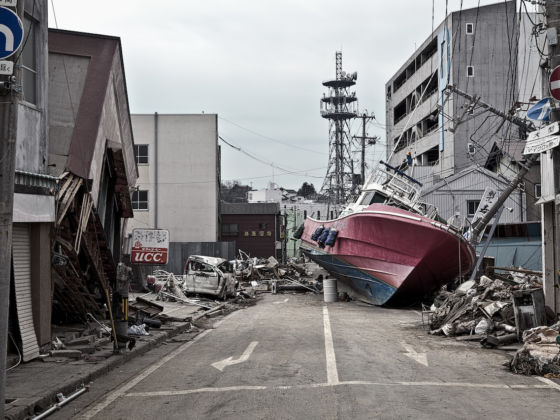[Editor’s note: This post was originally published at Turner’s blog here. Turner spent a year working in Japan recently.]
Now that rescue efforts are underway, some people who were trapped on rooftops and the hills in Iwate, Miyagi, and Fukushima Prefectures have been able to get access to food, water, and Internet. As a result, new eyewitness videos have been pouring into YouTube and the media.
